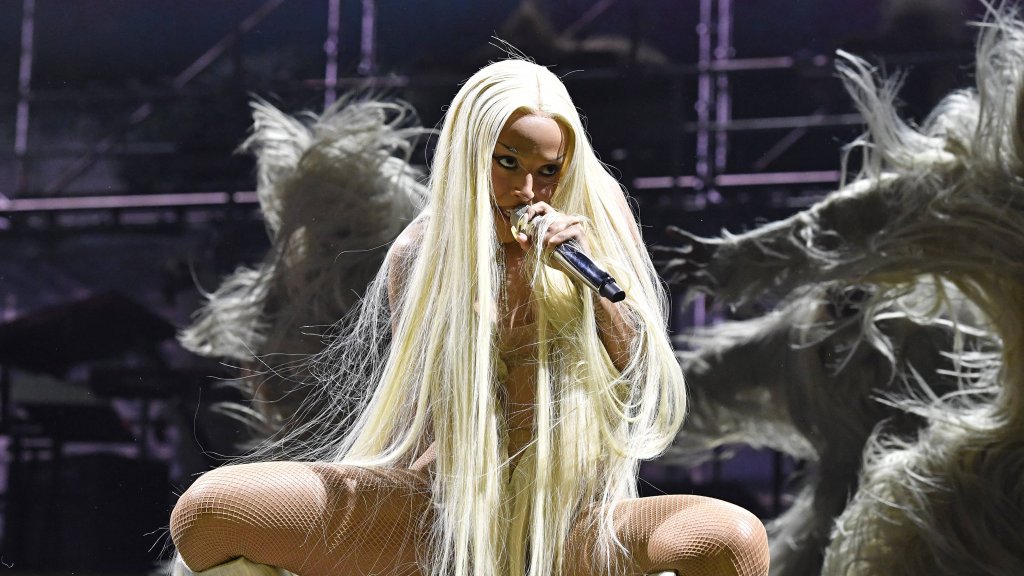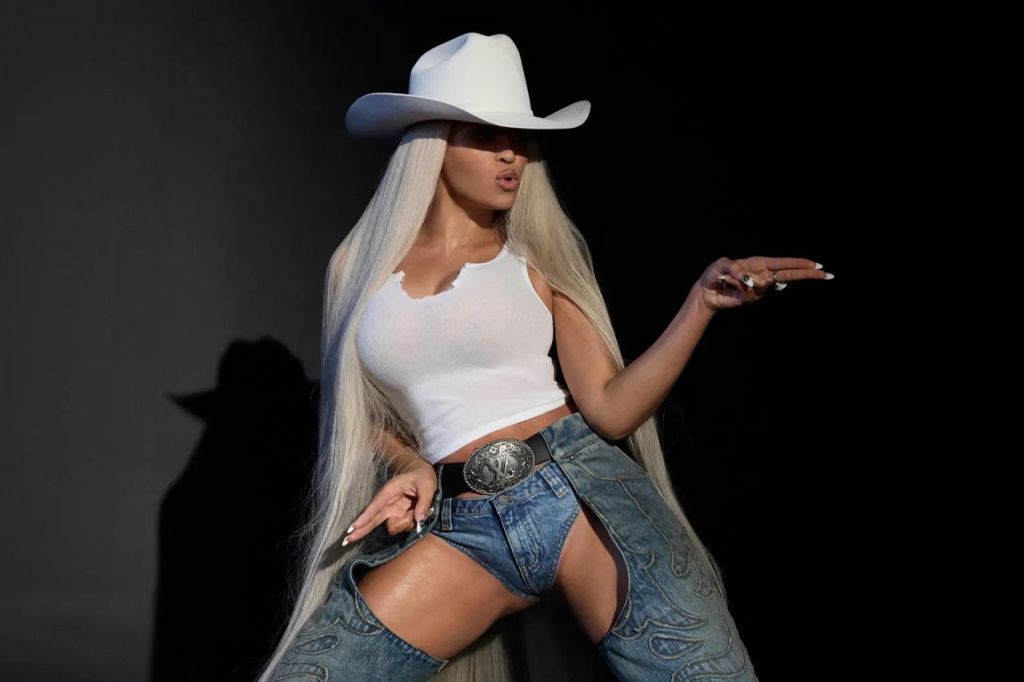[Gutsy media consultant Tara Kaushal on her ambitious crowdfunded project Why Indian Men Rape]
What comes to mind when I hear the word “rape” isn’t the highly publicised 2012 Delhi gang rape (etched in memory as the Nirbhaya case) but the images from multiple “eve teasings” on New Year’s eves in Mumbai. Gateway of India, Juhu Tara road, Bandstand, the location could be the most public and iconic, the perpetrators are hiding in the garb of a mob to assault a woman for being out near midnight. They are faceless men you wouldn’t be able to tell apart in a crowd. They scamper and dash about when detected, like a pack of rats running from a flood. Are those the faces of molesters or would-be rapists? It’s a question I often think about when I’m returning home from office past midnight.
Rape became a controversial trending topic on social media more recently because of a fictional character — Sansa Stark in season 5 of fantasy TV series Game of Thrones — who becomes a victim of marital rape (an even more hush-hush topic).

Sophie Turner, the actress who plays Sansa, hit the nail on the head about the “sensitive subject” in an interview to Time magazine. She said:
Of course, it’s [rape] a sensitive subject. And there is still such a taboo surrounding subjects like that and you don’t really see it portrayed onscreen that much. But one of the things it stirred in me was surprise that so much of people’s time and energy was being spent discussing a fictional scene on television when you hear about people in third world countries —and not just third world countries, all over the world! — getting raped every day, and sexually assaulted every day. This was the trending topic on Twitter, and it makes you wonder, when it happens in real life, why isn’t it a trending topic every time? This was a fictional character, and I got to walk away from it unscathed. Also, why should it be taboo to portray onscreen? If it gets that discussion going then I think it’s really important. It has to be brought into the mainstream because it is. Whether people want to hide it in the closet or not, it happens all the time, everywhere. It is mainstream. So it would almost be an injustice for us to ignore. Things like that did and continue to happen. And I feel so passionately about it that when something like that happens onscreen and there is a discussion and there is an uproar, great! Let’s take that discussion and that dialogue and use it to help people who are going through that in their everyday lives. Stop making it such a taboo, and make it a discussion.
(Since then, the actress has teamed up with the charity called Women for Women International, which is about basically helping women rebuild their lives after war crimes that happen against these women, one of them being rape and sexual assault.)
Coming back to the Indian subcontinent (still considered a developing nation), gutsy media consultant and feminist Tara Kaushal is leaving no stone unturned to make this taboo a bigger discussion. I had heard about her ambitious project Why Indian Men Rape from multiple sources. What got my attention was her explanation for the title:
Not for a moment are we suggesting that all Indian men rape, or that only Indian men rape, or that Indian men rape more or less than others, or even that only men rape. But, some Indian men are, undoubtedly, perpetrators of sexual violence of varying degrees and contributors to the rape pandemic in the country. It is the motives of these men, and the ethnographic paradigms that allow them to thrive, that we are seeking to uncover.
The multimedia project is ambitious because it will include a documentary, two books and a tonne of leg work. But then Tara is a former journalist and editor having worked with top brands in the media, and a qualified writer on gender, sexuality, equal rights and sociocultural issues. With an A-team, she’s raising funds through crowdsourcing on online platform Ketto. They have already raised over 3 lakh rupees (the goal being 10 lakhs). I got the whole spiel straight from Tara.

On the project
“Why Indian Men Rape is a gender journalism and activism project that spans two books, a documentary and an active online presence, over several years. With it, my advisors and research team would like to explore the unique ethnological reasons that cause gender violence in India. If things go as planned, the first book will be out next year (2018), the second and documentary will be out year after (2019).”
(Note: I will keep you updated on the blog as the books are near to release)
“The nature of this large interdisciplinary project means that challenging situations will inevitably crop up, so I’m working with a plan but expecting the unexpected. I’m currently juggling crowdfunding (a lot more work that I thought — though I had been warned) and the first part of the research phase: the research design.”
On crowdfunding
“Firstly, why I’m crowdfunding. Every time I thought of starting this project (I’ve been thinking about it since 2013), two things would stop me… Let alone earning any money while I did it, the project itself would cost a lot! I tried interspersing working on this with working on other paying projects, but that didn’t work—I found it impossible to switch on and off, given how immersed I get in whatever I’m doing.

Sahil, my wonderful husband helped break this cycle by telling me I could have a full financial year off, where he’d earn both our shares of the household budget, and I turned to crowdfunding to raise money for project costs.”
… and its challenges
“Crowdfunding is hard. It’s not set-and-forget — you have to be actively involved in driving the campaign. It’s a lot more time and effort than I bargained for.
The necessity to reveal the project during the quest for funding means people know about the upcoming books and documentary quite prematurely — you don’t usually publicise this long before due release, before I’ve even put pen to paper. But if I didn’t crowdfund, I wouldn’t even be able to create them. So it was either this way or no way.”
On rape cliche ‘She was asking for it’
She wasn’t asking for it unless she was really asking for it — “only when she unequivocally communicates her willingness to participate in a specific sexual act,” to quote the Justice Verma Committee.
No clothes, time of day, ‘unsafe’ location or ANY other circumstances justify any forms of sexual or gender violence.
On gender violence in urban India
“Intra-family domestic and sexual violence, in the home, cuts across all sections of society. While domestic violence is at least illegal, we live in a country where marital rape isn’t recognised as a thing. Basically, once a woman is a husband’s possession, she has no sexual agency.”

“As far as violence on the street is concerned (as someone who has been writing on gender and has lived reality in many cities across India), I’d say women in the cities have it infinitely better than in most of rural India. Negotiating with any public space (to go to school, college, work or play) is fraught with many difficulties. In cities, particularly in Mumbai where women have worked for several generations, we can claim public spaces, by and large.”
On being a woman in the Indian media

“Wow, thanks for asking this question! It brings up some very pleasant memories and reminds me to count my blessings in terms of career choice. I was born to be in the media and believe it’s a perfect fit for my personality and skills, and vice versa.
The upsides: It’s among the most liberal of industries where women’s voices aren’t only heard, they’re amplified. Where women don’t even have voices in their domestic environments, the voices of women in journalism, writing, the arts are heard loud and clear. Claiming a voice (in itself, aside from what you’re saying) is an act of activism that upsets the gender dynamic (and explains why our female journalists are targets of such vitriol on Twitter).
The downside: As everywhere else, not everyone in the media is ‘woke’ — so if you’re a successful woman, you’ve obviously slept with the boss.”
Support the campaign Why Indian Men Rape and pre-order the books here or read about it on whyindianmenrape.com
Read about the books, Tara Kaushal’s writing process and how she is thriving as an independent media professional in the next post
Via #daily-prompt Dash and scamper
In the spirit of showcasing good writing in the blogosphere, here are the top posts on the theme Scamper.
- Scamper no longer exists – Chronicles of an Anglo-Swiss
- 4 best writing inspirations – Perceptions unplugged
- Staying around you is all I see – Sascha Darlington
- Politically incorrect – Mum’s the word
- Beginnings of a relationship – Zaen Boca
- Coon – Living in crimson
- Fight or sunny flight – Kuma House
- Unresolved arguments – An upturned soul
- Buckeye cookery… written for plucky housewives – Kindergarten knowledge
- Things to get done motivation – Lyn Durante
- Puss in boots – Peanut gallery
- A secret – Cimmerian sentiment
- A railroad tale – Piper Pierce
- Those who stigmatize… – Susan Walz
- Bite me – Danger spouse
- Miracle of miracles – Life on the skinny branches
- T.H.I.N.K – Jibber jabber with Sue
- A wedding in the cathedral – Don’t hold your breath
- You are not alone – This moment
- Doggy brats – Serendipity
- Bailey and us – Second thoughts
- Professional yard salers – Flip flops everday
- My cool garden – Finding hope ness
- Kitten agenda – Judy Dysktra Brown
- Heart of America supper club – Jane’s journal
- Food drama: Alien eyeballs, anyone? Sheetal Bravon
- The stranger – Stoner on a rollercoaster
- Creation – The scampering in-between states (Chronicles of an orange-haired woman)
- Why rush the race – As I was saying
- Influential words – Sheryl






Leave a comment